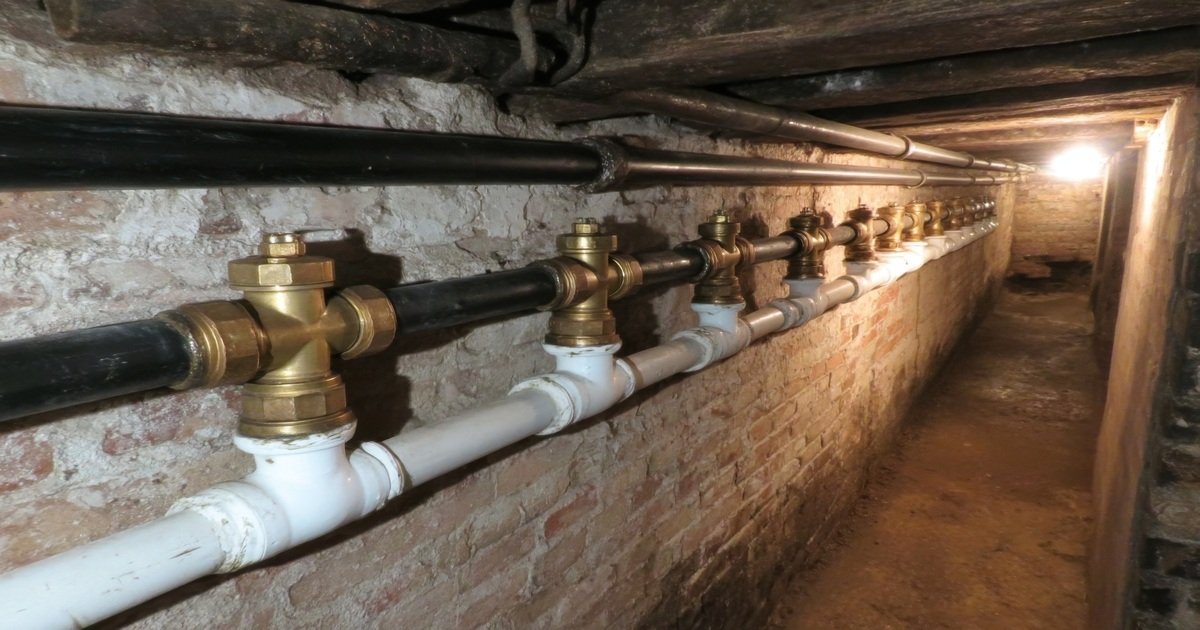Sprinkler System Evaluation in Houston
A sprinkler system evaluation begins by examining how effectively the system distributes water across the property. Inspectors review each zone to identify dry patches, oversaturated areas, uneven spray patterns, or water hitting sidewalks instead of landscaping. Proper coverage is essential not only for maintaining the appearance of the lawn but also for preventing plant stress, soil compaction, and erosion. In Houston’s climate—where hot summers and rapid vegetation growth are common—efficient irrigation plays a major role in protecting curb appeal and preserving outdoor investments.
Evaluators also test the sprinkler heads for adequate reach, correct alignment, and functioning spray mechanisms. Over time, heads can sink into the soil, become clogged, or shift due to ground movement. This leads to water waste and reduced effectiveness. Identifying these problems early helps homeowners maintain a healthy landscape while avoiding excessive utility costs. A well-calibrated system ensures the property remains green, attractive, and properly hydrated without unnecessary water consumption.
Examining Valves, Controllers, and Water Pressure
Every sprinkler system relies on valves that regulate the flow of water to each irrigation zone. During an inspection, specialists test these valves for leaks, responsiveness, and proper sealing. If a valve sticks or fails to shut off fully, it can cause overwatering, flooding, or wasted water. Soil movement, root growth, and age-related wear are common reasons valves malfunction. By identifying these issues, homeowners can prevent hidden water loss and ensure their system operates reliably.
The controller—also known as the timer or irrigation panel—is evaluated for programming accuracy, sensor integration, and overall functionality. Inspectors check whether the system is programmed for the correct season, watering schedule, and zone durations. Houston’s watering restrictions and seasonal weather patterns require precise control settings to avoid penalties or plant damage. Additionally, water pressure is tested to ensure that it meets recommended levels. Too much pressure can damage sprinkler heads, while too little pressure leads to weak coverage and ineffective watering.
Identifying Leaks, Line Breaks, and Underground Issues
Underground irrigation lines are susceptible to cracking, separation, and root intrusion—especially in areas with shifting clay soil like Houston. Inspectors walk the property to identify pooling water, soggy patches, or zones that fail to activate properly. These symptoms often point to hidden leaks that can waste thousands of gallons of water each year. Detecting these issues early helps prevent landscape damage, soil erosion, and high utility bills.
Pressure tests or zone-by-zone diagnostics can be performed to pinpoint the exact location of a leak or blockage. In many cases, landscaping projects or previous repairs may have inadvertently damaged underground lines. By identifying both visible and hidden problems, a sprinkler system evaluation helps homeowners avoid costly emergency repairs and ensures long-term reliability of their irrigation network.
Checking Backflow Prevention and Local Compliance Requirements
Backflow prevention devices are a critical part of any sprinkler system, protecting the home's drinking water supply from contamination. These devices prevent irrigation water—which may contain fertilizers, soil, or debris—from flowing back into the home’s plumbing or city water lines. Inspections ensure that the backflow preventer is properly installed, functioning correctly, and compliant with Houston regulations. Many municipalities require annual backflow testing, and proper documentation is essential for maintaining compliance.
Inspectors also verify that the system meets local codes regarding installation depths, equipment placement, drainage, and water control features. Houston’s weather patterns—such as heavy rain events and rapid soil shifts—make proper system design crucial. Ensuring code compliance reduces liability, protects the home’s water quality, and prolongs the lifespan of the irrigation system.
Supporting Healthy Landscapes and Long-Term Water Savings
A well-maintained sprinkler system directly enhances curb appeal, plant longevity, and outdoor living quality. Houston homeowners rely on irrigation systems year-round to support lawns, flowerbeds, trees, and hardscape features. A detailed evaluation helps ensure that each zone is performing optimally, minimizing waste while maximizing plant health. When a system is functioning as intended, homeowners can maintain vibrant landscaping without overspending on water usage.
For long-term value, an inspection also identifies opportunities for upgrades, such as smart controllers, drip irrigation lines, or pressure-regulated spray heads. These technologies increase efficiency, reduce water bills, and contribute to sustainability—important considerations for both homeowners and future buyers. With a detailed assessment, homeowners can make informed decisions that protect their landscaping investment and improve the overall outdoor environment.
Your Connection to Houston’s Trusted Sprinkler System Specialists
A reliable sprinkler system is essential for maintaining beautiful landscaping and protecting your home’s exterior value. If you need a thorough evaluation—whether for water efficiency, leak detection, or system repairs—reach out to us. We work closely with trusted Houston irrigation professionals who can provide accurate assessments, expert guidance, and efficient solutions. Contact us today, and we’ll connect you with the right partners to keep your sprinkler system performing at its best.



